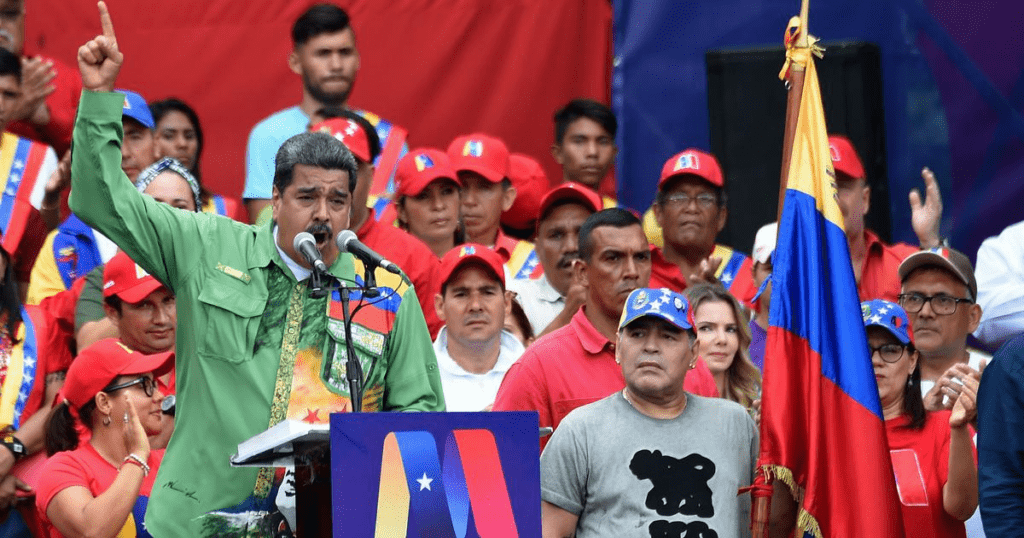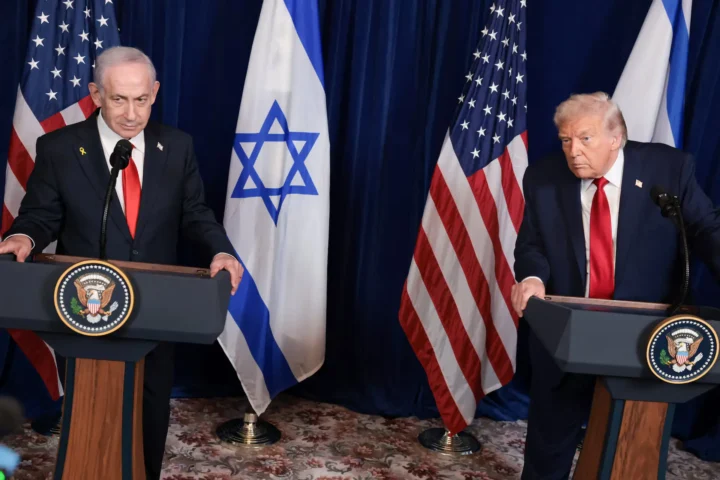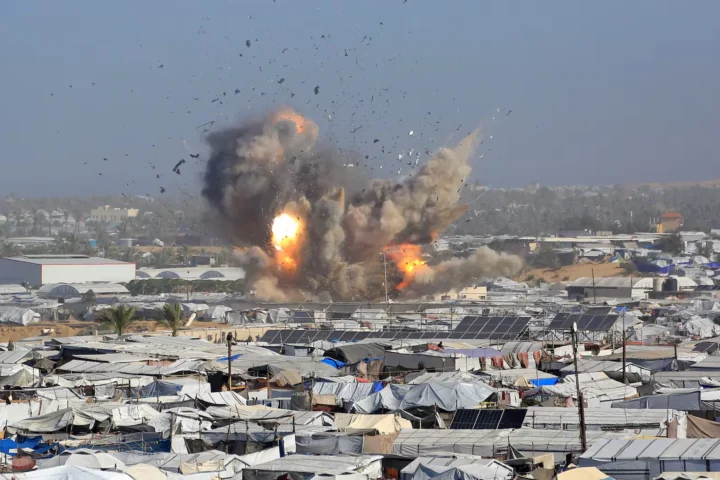In the realm of international diplomacy, few regions pose as vexing a challenge as Venezuela. While it would be unfair to accuse the Biden administration of actively seeking to undermine Venezuela’s democratic opposition, recent actions raise serious questions about U.S. strategy in the region.
The last significant interaction between U.S. and Maduro regime officials before this month occurred in April. Since then, the Maduro regime has taken decisive steps to ensure the presidential election on July 28 is anything but fair. The leading opposition candidate, María Corina Machado, has been barred from running, and in May, the regime rescinded its invitation to the European Union to observe the election. As Americas Quarterly pointed out, “Nicolás Maduro’s regime is also taking steps to block Venezuelans’ access to ballot boxes at home and abroad.”
On July 3, the EU expressed deep concern over the regime’s actions, highlighting that barring opposition members from exercising their political rights undermines democracy and exacerbates Venezuela’s political and social crisis. Yet, on the same day, the United States initiated a virtual meeting with Maduro regime officials. According to Reuters, a White House spokesman claimed the meeting discussed “a wide range of issues” and continued to urge for competitive and inclusive elections in Venezuela.
Urging Maduro to hold free elections is as futile as demanding the same from Cuba’s president. Meanwhile, human rights lawyer Rocio San Miguel remains imprisoned under dire conditions, a stark reminder of the regime’s brutal repression. One can only hope, albeit without much confidence, that her detention and that of hundreds of other political prisoners were among the issues discussed in the U.S.-Maduro talks.
Every sign suggests that Venezuela’s presidential election on July 28 will be stolen. Will the Biden administration then acknowledge that its policy toward Venezuela has failed–and change it?
Venezuela’s oil production has surged from approximately 400,000 barrels per day when President Biden took office to double that amount today, coinciding with increased repression. As Reuters reported, Venezuela’s oil exports rose 12% in 2023 as the U.S. eased sanctions. Production continues to climb in 2024, with Chevron recently announcing plans to drill 30 new wells in the Orinoco Oil Belt.
This raises a critical question: Why is this in the United States’ interest? With global crude oil production exceeding 80 million barrels per day, Venezuelan increases will not impact U.S. and global oil prices. Any notion that concessions to Maduro will help keep U.S. gasoline prices down until the election is simply misguided. Equally misguided is the belief that these meetings will lead to improved human rights conditions or free elections in Venezuela.
Instead, such actions risk undermining the democratic opposition. It is worth questioning whether the Biden administration consulted opposition leaders before holding this meeting three weeks before the election. Was there a strategic discussion with opposition figures about the U.S. position? Will there be a transparent report to opposition leaders on what transpired during the talks?

If the July 28 election is fair and opposition candidate Edmundo Gonzalez is allowed to win, we will gladly retract our criticism. Every poll shows Gonzalez leading. If the Biden administration can assist in a smooth transition back to democracy, it would be commendable. However, it is far more likely that the current regime will claim victory. What will the Biden administration do then? Recognize the failure of its policies, reimpose sanctions, and rally the international community against the regime? Or will it slowly make peace with Maduro, lifting more sanctions and re-establishing diplomatic relations?
Maduro likely anticipates the latter. Perhaps during the July 3 meeting, U.S. officials demanded free elections and discussed transition plans that could ease Maduro out of power, backed by a promise of robust action if the election is stolen. But based on the administration’s record over the past three and a half years, this seems implausible.
The signs, regrettably, point in a different direction, suggesting that the U.S. may be on a path to legitimizing Maduro’s regime, thereby betraying the democratic aspirations of the Venezuelan people.











